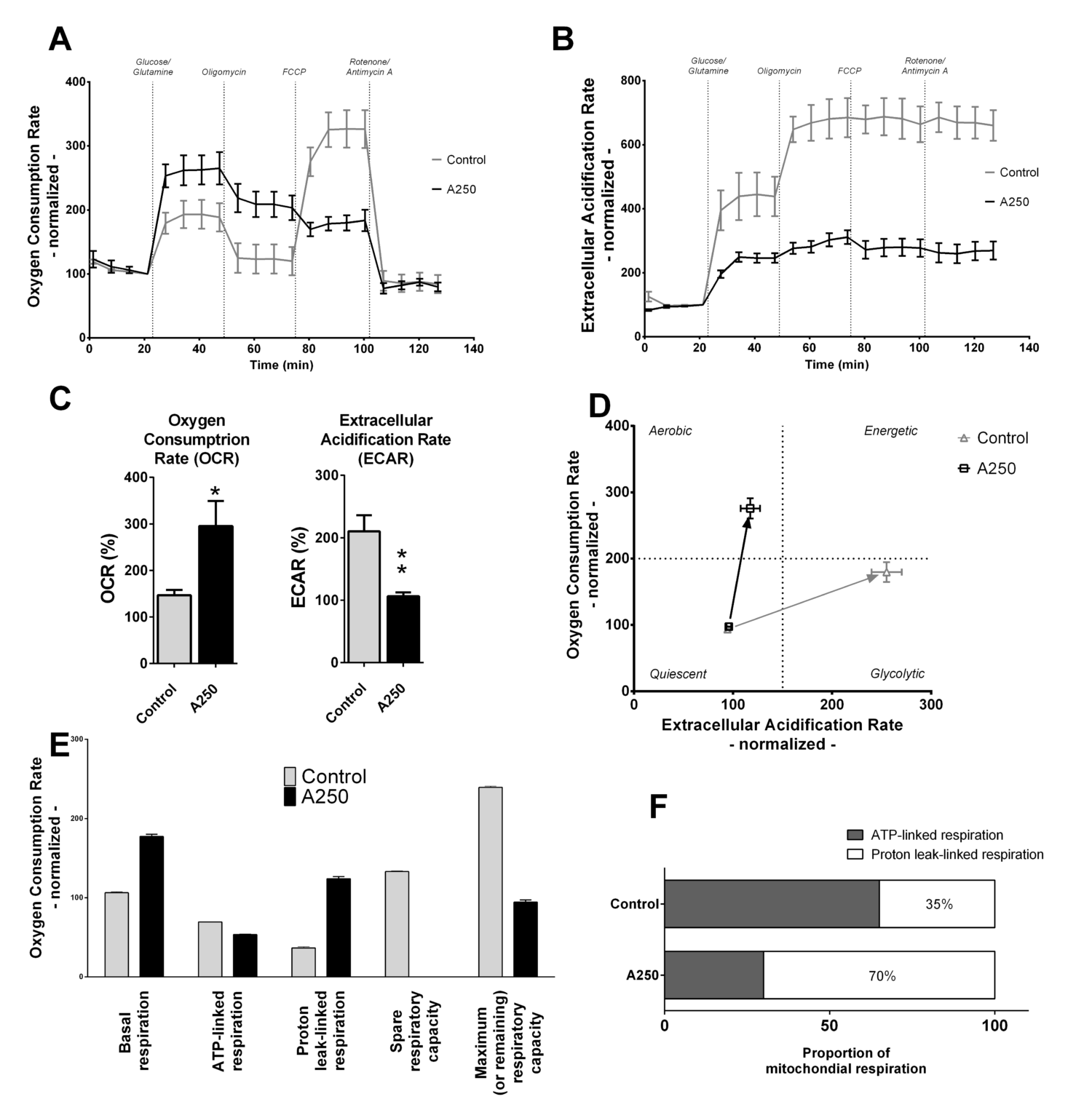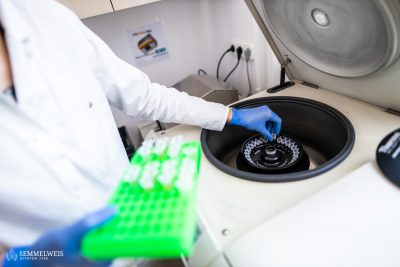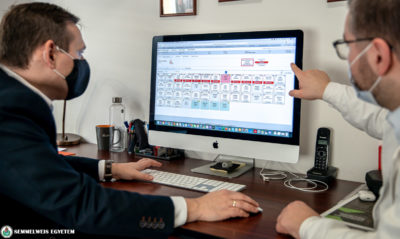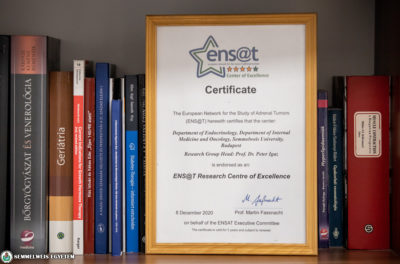The beneficial physiological effects of fermented wheat germ extract have been proved by several studies, its anti-cancer properties were studied in the 1990s based on the studies of Albert Szent-Györgyi. Based on the research presented in the study published in Scientific Reports, it will be possible to derive active substances from the fermented wheat germ extract to make cancer drugs.
The first two authors of the publication are Dr. Gyula Bencze and Dr. Szilvia Bencze, former students of Semmelweis University’s Faculty of Pharmaceutical Sciences. One of the collaborators, Dr. László Őrfi (supervisor of the PhD thesis of Dr. Gyula Bencze) is a professor at the Department of Pharmaceutical Chemistry. American molecular biologist and Nobel laureate James D. Watson are among the authors as well.
Cancer cells rewire their metabolism to promote growth, survival, proliferation, and long-term maintenance. The common feature of this altered metabolism is increased glucose uptake and fermentation of glucose to lactate. This phenomenon is observed even in the presence of completely functioning mitochondria and together is known as the Warburg Effect.
In their study, Dr. Gyula Bencze and his colleagues showed that concentrated fermented wheat extract increases the amount of cytochrome c released by the mitochondria in the cell membrane thus it can suppress the harmful Warburg Effect and inhibit the proliferation of tumour cells. The experiments were carried out with the professional and financial support of American Nobel laureate molecular biologist, James D. Watson at Cold Spring Harbor Laboratory, one of the most significant institutions focusing on cancer research in the United States. At the laboratory they managed to create an orally administrable, high concentration substance from fermented wheat germ extract.
Dr. László Őrfi is one of the co-authors of the publication, who is the professor of the Department of Pharmaceutical Chemistry. He contributed to the study by providing the methods and tools for the extraction and characterization of the active ingredients of wheat germ extract during the initial phase of the research.
Ádám Szabó
Illustration: Figures from Scientific Reports
Translation: Ágnes Raubinek


